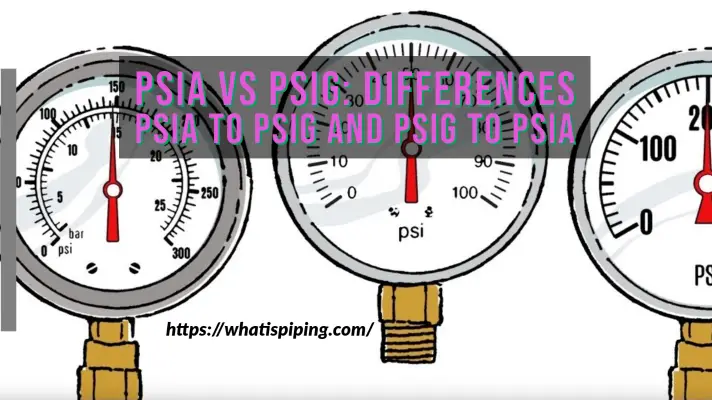
What is Blood Pressure?
Blood pressure is the force that your blood puts on the walls of your arteries as it flows through them. It is measured in millimeters of mercury (mmHg) and consists of two numbers: systolic pressure (the top number) and diastolic pressure (the bottom number).

What is Psi?
Psi stands for pounds per square inch and is a unit of pressure commonly used in engineering and physics. It is a measure of the force exerted on an area and is often used to describe the pressure of a gas or liquid.
How to Convert Blood Pressure to Psi?
To convert blood pressure to psi, you will need to use a formula that takes into account the diameter of your arteries and the density of your blood. The formula is:
Where:
- BP is your blood pressure in mmHg
- D is the diameter of your artery in inches
- ρ is the density of your blood in pounds per cubic inch
For example, if your blood pressure is 120/80 mmHg and the diameter of your artery is 0.2 inches, and the density of your blood is 0.0599 pounds per cubic inch, the calculation would be:

Therefore, your blood pressure is equivalent to 0.085 psi.
Why Convert Blood Pressure to Psi?
Converting blood pressure to psi can be useful in certain situations, particularly in the fields of engineering and physics. It can help engineers and scientists to better understand the pressure of fluids in the human body and to design more effective medical devices.
Factors That Affect Blood Pressure
There are several factors that can affect your blood pressure, including:
- Age
- Gender
- Race
- Family history
- Diet
- Exercise habits
- Stress level
- Smoking
- Alcohol consumption
- Medical conditions (e.g. diabetes, kidney disease, sleep apnea)
- Medications (e.g. birth control pills, decongestants, antidepressants)

How to Maintain Healthy Blood Pressure?
To maintain healthy blood pressure, it is important to adopt a healthy lifestyle, including:
- Eating a balanced diet that is low in salt and saturated fats
- Exercising regularly
- Maintaining a healthy weight
- Managing stress
- Avoiding smoking and excessive alcohol consumption
- Taking medications as prescribed by your doctor
When to See a Doctor?
If you have high blood pressure (hypertension), it is important to see a doctor regularly to monitor your condition and manage your blood pressure. If your blood pressure is consistently high, your doctor may recommend medication, lifestyle changes, or both.

Conclusion
Converting blood pressure to psi can be useful in certain fields, but it is not necessary for everyday life. To maintain healthy blood pressure, it is important to adopt a healthy lifestyle and see a doctor regularly if you have hypertension.